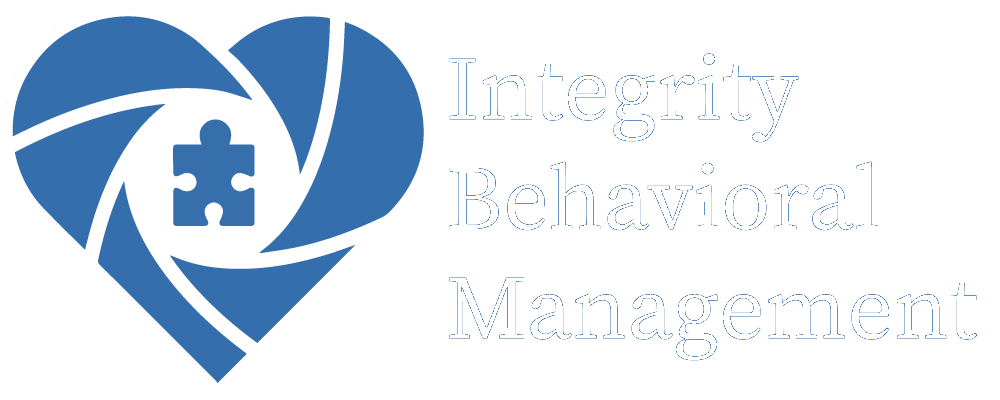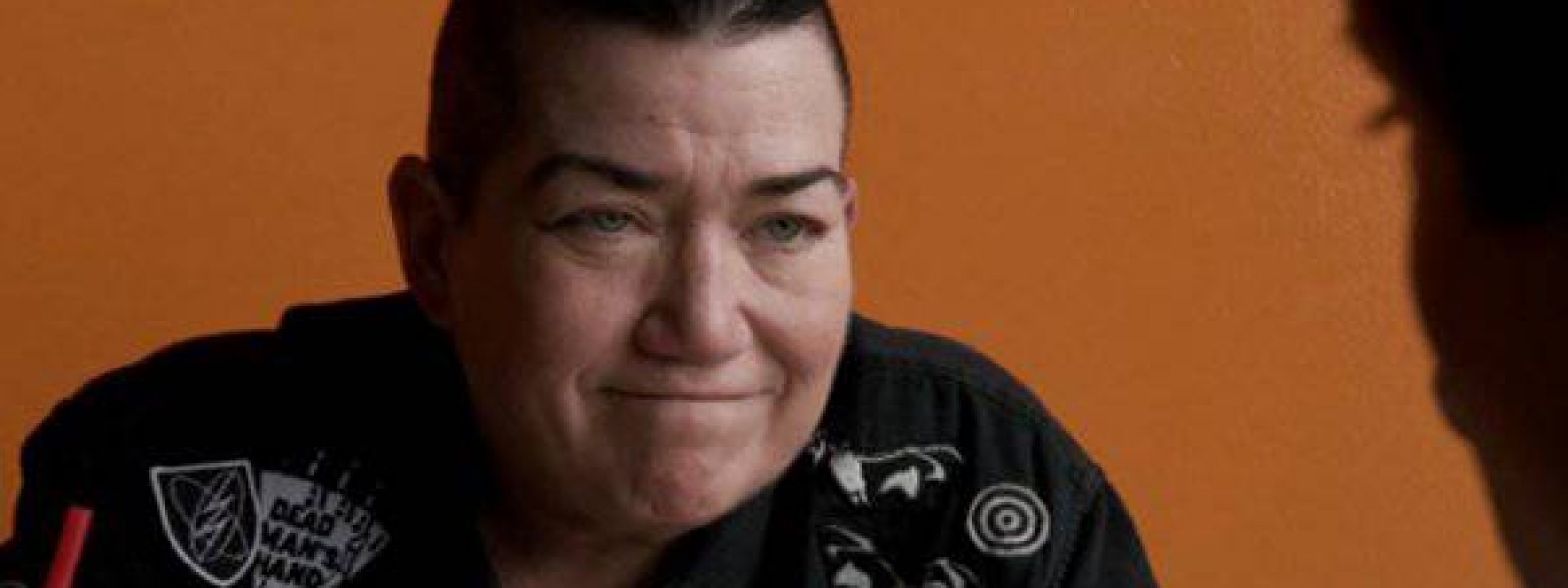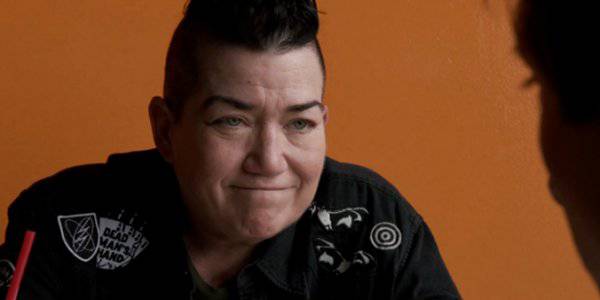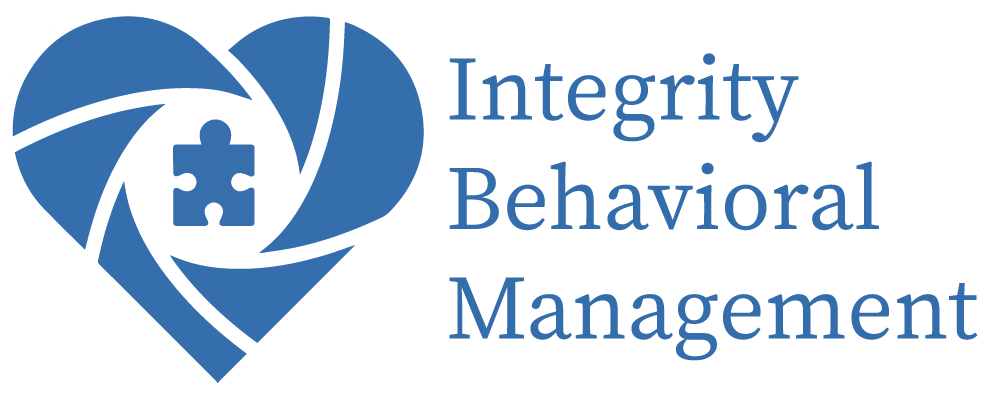The need for a sponsor in recovery is one of the most important and often misunderstood parts of the healing process, especially in 12-step programs or similar recovery models. A sponsor isn’t a therapist or authority figure, but someone who has walked the road of addiction and found a path toward sobriety. A sponsor is someone who helps guide others along on the path of recovery.
Here are some key reasons a sponsor is needed in recovery:
Guidance and Accountability
Recovery can be confusing, especially early on. A sponsor helps interpret the steps, principles, and challenges of recovery. They’ve been through the same emotional/mental turbulence and can offer practical insight on what helped them stay sober. Having someone to check in with also creates accountability. This accountability can keep the individual from isolating or rationalizing relapse behavior.
Lived Experience
A sponsor has firsthand knowledge of what addiction feels like and the negative and positive cost of addiction. Sharing this experience with the person that is being sponsored breaks down the sense of isolation that often fuels addiction. It’s easier to accept advice or encouragement from someone who has actually lived through similar experiences.
Emotional Honesty and Support
Addiction thrives in secrecy. Sponsors create a safe space for honesty and a place where the individual can admit their fears, anger, or temptations without judgement. The Sponsor help the individual learn to be honest with themselves and others, which can be seen as one of the essential habits of long term recovery.
Structure and Consistency
Recovery isn’t just about not using, but also about building a new way of living. Sponsors often help the individual stick to daily routines, meetings, or spiritual practices. They remind them that recovery is a process, not an event , but that consistency is more powerful than impulsivity.
Spiritual and Moral Growth
For many, a sponsor helps connect the dots between sobriety and spiritual development and learning to let go of control, to make amends, and to trust in something greater than one’s self. They model humility and service by showing how helping others can deepen your recovery.
Relapse and Prevention
A sponsor can often recognize warning signs before you can. They can gently call out denial, rationalization, or self-destructive thinking. This early intervention can make a difference between a successful recovery and a relapse.
A sponsor isn’t there to save you. They’re there to walk with you , to model what’s possible, and to remind you that recovery doesn’t have to be done alone. The relationship is built on trust, mutual respect, and shared growth.





